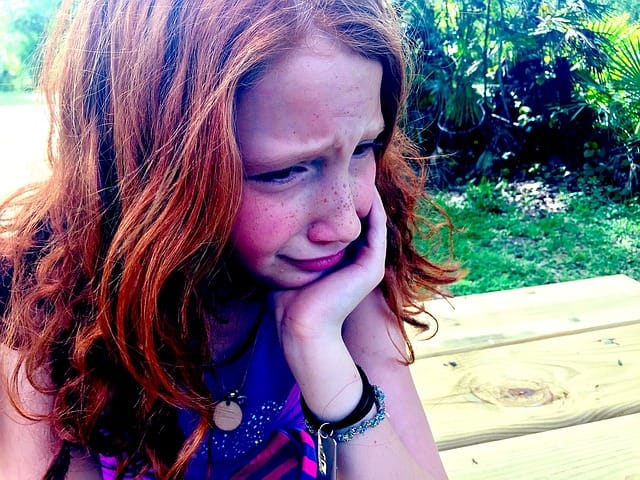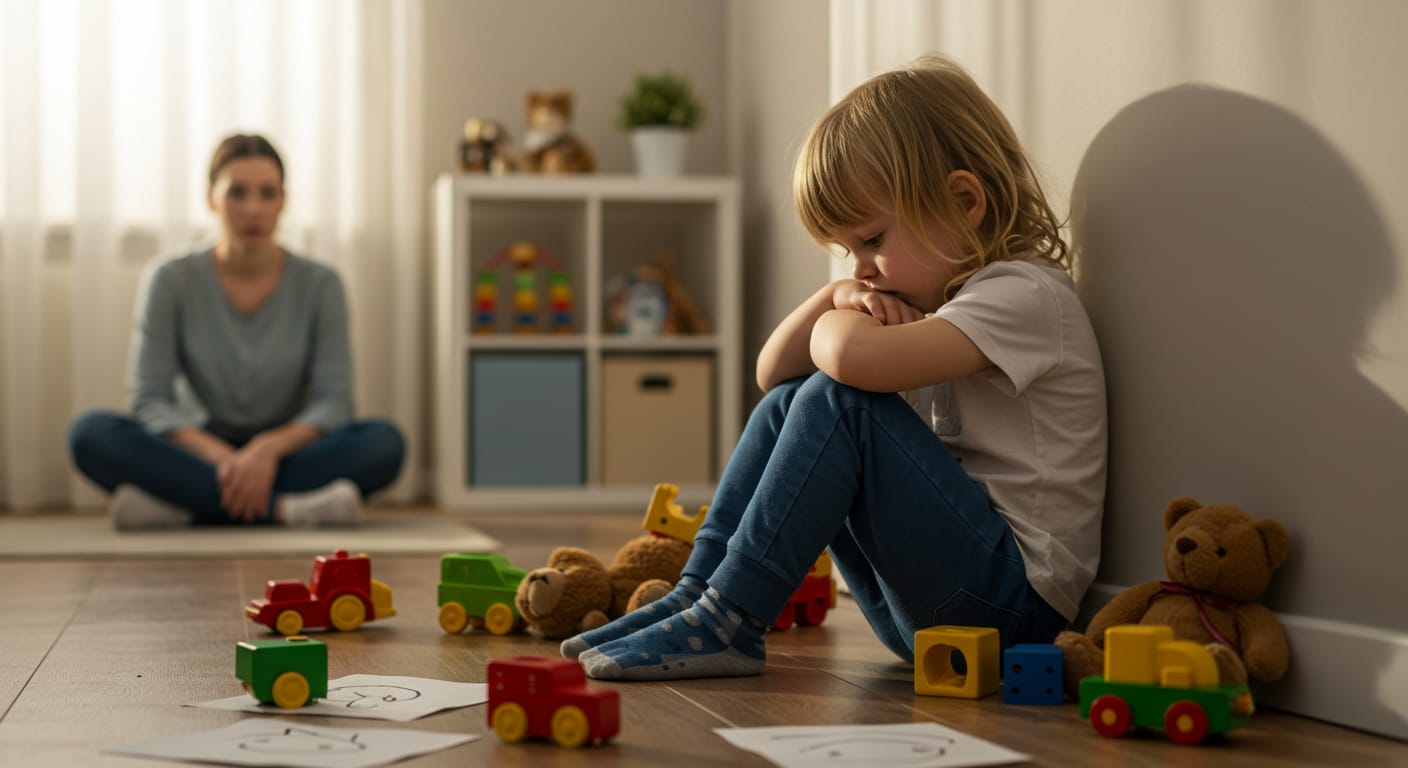Spotting depression in children is not always easy. Occasional bad moods, tantrums, or emotional outbursts are normal during childhood. But when the sadness, irritability, or changes in behavior last longer than usual and begin to affect daily functioning, it may be more than just a bad day — it could be childhood depression.
Depression in kids can impact sleep, appetite, school performance, and their ability to enjoy life. As a parent, knowing the early signs is key to getting your child the support they need.
1. Lack of Joy in Everyday Activities
If your child no longer finds joy in activities they once loved—like playing with toys, drawing, or going to the park—this can be a red flag. A lack of enthusiasm, constant boredom, or withdrawal from play can signal emotional distress.
Look for: increased isolation, loss of interest, or indifference toward activities that once brought smiles.
2. Persistent Sadness
Sadness that lingers longer than a few hours or days could be a sign of depression. If your child frequently cries, looks distant, or has trouble smiling—even when engaged in positive activities—this could indicate a deeper emotional struggle.
A depressed child may appear constantly gloomy or emotionally drained.
3. Excessive Worry and Anxiety
Children with depression often show signs of anxiety. They may worry excessively about things that seem minor, fear being alone, or express constant concern for your safety. Some even experience physical symptoms like stomachaches or headaches from the stress.
Be alert if your child frequently says things like “I’m scared,” “What if something bad happens?” or “No one likes me.”
4. Shame and Guilt
Children suffering from depression may internalize negative feedback more deeply. A simple correction might lead them to feel like they’re a bad person. Feelings of worthlessness, guilt, or “being a problem” are common.
Words matter: Choose affirming language and reassure them of your love even during discipline.
5. Low Frustration Tolerance
All kids get upset—but depressed children may show unusual levels of irritability, frustration, or aggression over small setbacks. They may become tearful, yell, or shut down quickly, and later express guilt about their behavior.
They may say things like “I can’t do anything right” or “I always mess up.”
6. Frequent Aches and Fatigue
Depressed children often experience unexplained physical complaints such as headaches, stomachaches, or constant tiredness—especially when no medical cause is found. These are physical manifestations of emotional pain.
Recurrent complaints without illness may be your child’s way of asking for help.
Final Thoughts for Parents
Recognizing depression in children can be a challenge, especially since they may lack the words to describe what they’re feeling. Their symptoms are often mistaken for defiance or normal moodiness. But trust your instincts—if something feels off, it’s worth a conversation with your child’s pediatrician or a child psychologist.
Early intervention can help your child learn to cope, build emotional resilience, and return to feeling like themselves again.



I didn’t know that children with depression suffer from frequent headaches. Ever since my wife and I got divorced, my daughter has been complaining about a painful pressure in her head whenever she gets stressed. Now that I know that it could be a symptom of depression, I’ll find a therapist to help right away.
I had no idea that your child may be experiencing depression if they no longer seek enjoyment in everyday tasks. Every week, my daughter and I spend a few hours reading together, but she has been crying whenever I ask if she is interested in reading recently. Now that I know that she may have depression, I’ll see if I can find someone that can help.